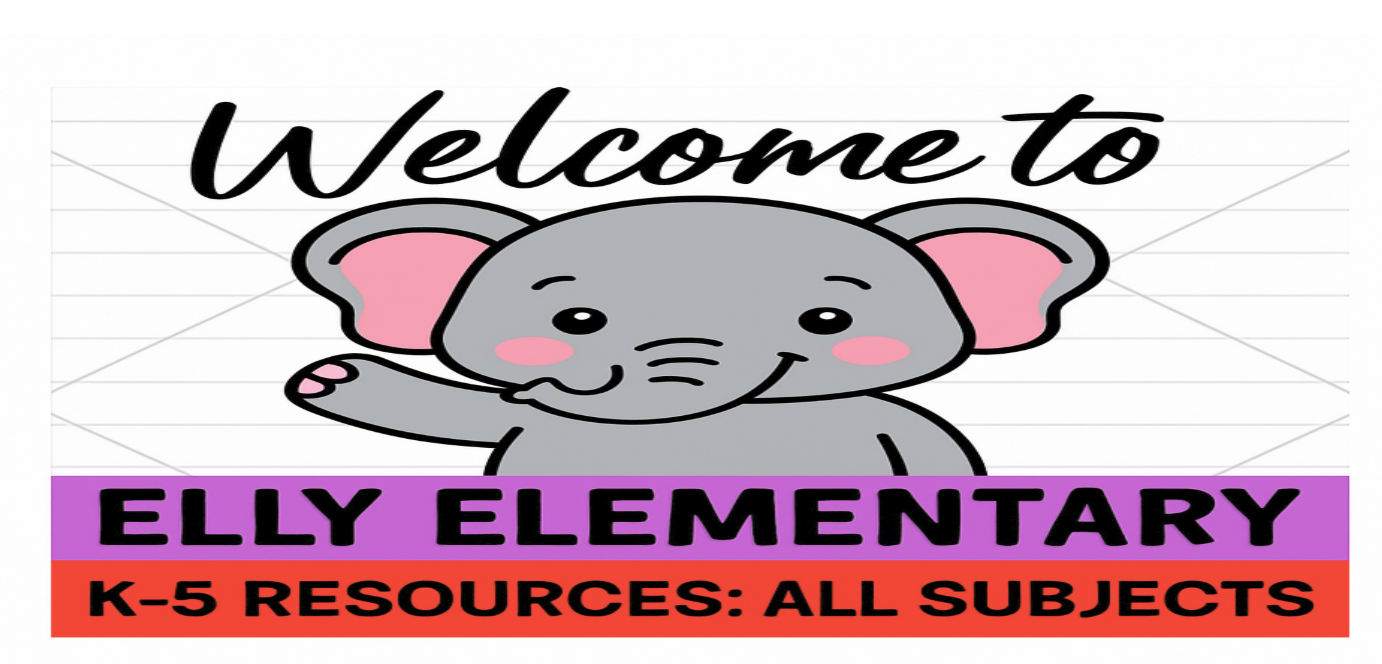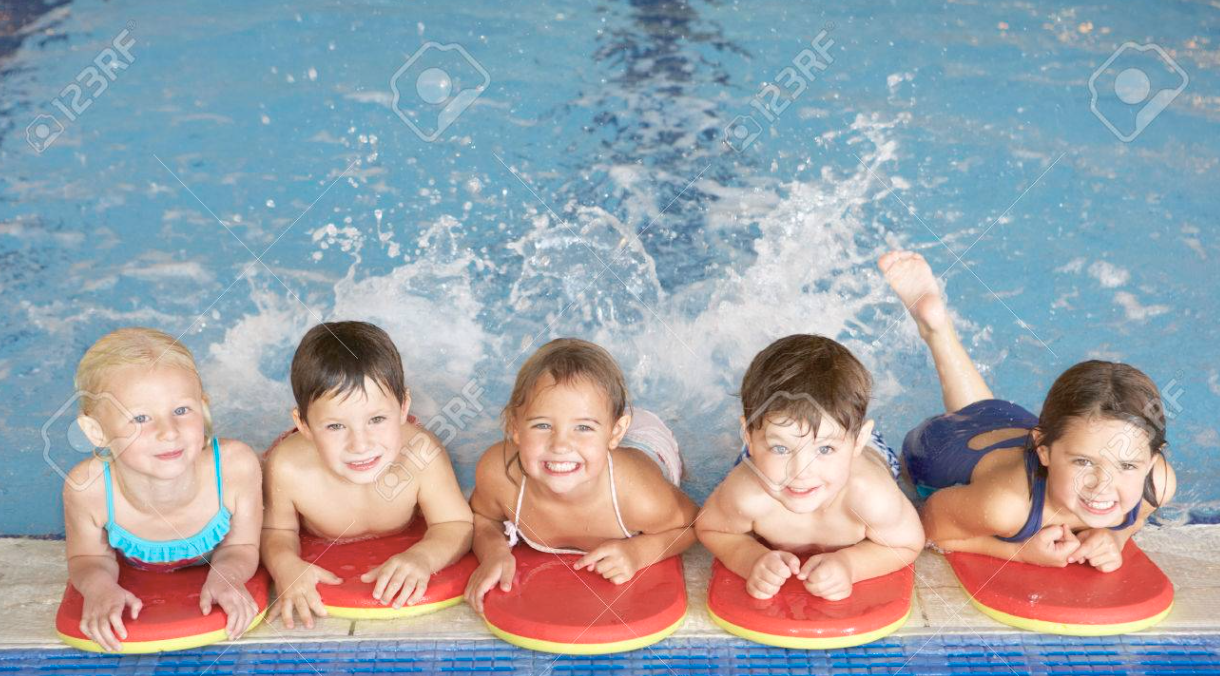We all look forward to summer vacation, especially students and teachers.
Having a summer break from school is important for several reasons:
- Rest and Recovery: Students and teachers alike need a break from the routine of school to rest, recharge, and recover from the mental and physical demands of the academic year. This downtime allows them to relax and come back to school refreshed and ready to learn.
- Exploration and Creativity: Summer break provides an opportunity for students to explore new interests, hobbies, and activities outside of the classroom. This exploration fosters creativity, critical thinking, and personal growth, which are important for a well-rounded education.
- Family Time: Summer break allows families to spend more quality time together. This can strengthen family bonds, promote communication, and create lasting memories through shared experiences and adventures.
- Social and Emotional Development: Time away from school can also be beneficial for social and emotional development. Children have more freedom to interact with peers in less structured environments, develop friendships, and learn important life skills such as problem-solving, empathy, and resilience.
- Prevention of Burnout: Extended periods of continuous academic work without breaks can lead to burnout, stress, and decreased motivation. Summer break helps prevent burnout by providing a break from the rigors of school and allowing students to return with renewed enthusiasm for learning.
Overall, summer break plays a vital role in promoting well-being, balance, and holistic development for students, educators, and families alike.
There are plenty of fun things kids can do over the summer!
Here are some ideas:
- Outdoor Adventures: Organize nature walks, scavenger hunts, or picnics in the park. Camping trips or backyard camping can also be exciting.
- Water Fun: Visit the beach, go swimming in a pool or lake, have water balloon fights, or play with water toys in the backyard.
- Arts and Crafts: Set up a creative space for painting, drawing, making crafts with recyclable materials, or even starting a summer scrapbook.
- Sports and Games: Try out new sports like soccer, basketball, or tennis. Organize neighborhood games like tag, hide and seek, or relay races.
- Cooking and Baking: Have cooking or baking sessions where kids can learn to make simple dishes or treats. Make homemade ice cream or popsicles too!
- Science Experiments: Conduct simple science experiments at home, like making volcanoes with baking soda and vinegar or creating slime.
- Reading Challenges: Create a summer reading list or join a local library's reading program with incentives for completing books.
- Gardening: Start a small garden or plant flowers in pots. Kids can learn about plants, responsibility, and enjoy watching their plants grow.
- Outdoor Movie Nights: Set up a backyard movie night with a projector or have indoor movie marathons with popcorn and snacks.
- Exploring Local Attractions: Visit museums, zoos, aquariums, botanical gardens, or historical sites in your area for educational and fun outings.
- Summer Enrichment: Check out Summer Enrichment Packet for Children to stay on top of reading, math and science while having fun.
These activities can keep kids engaged, active, and learning throughout the summer break.
What is your favorite summer activity? Comment below.



Comments ()